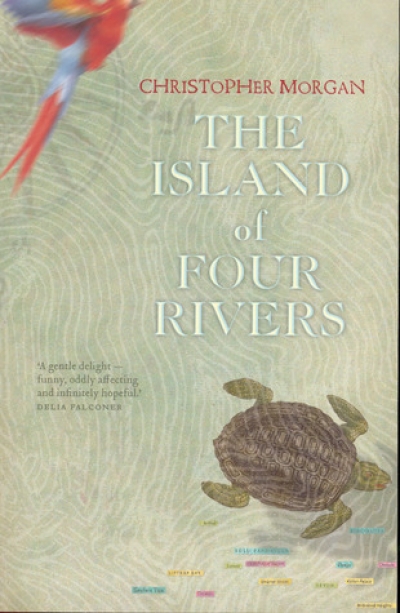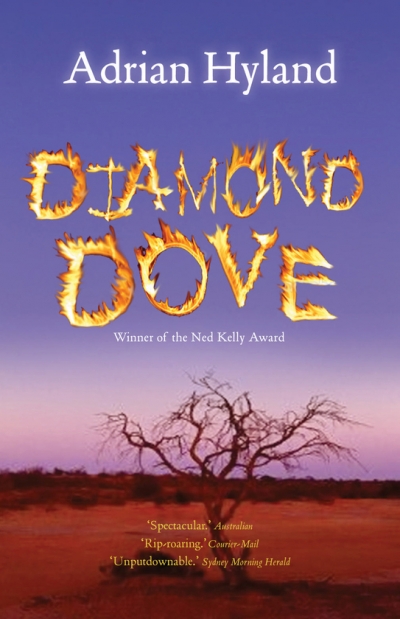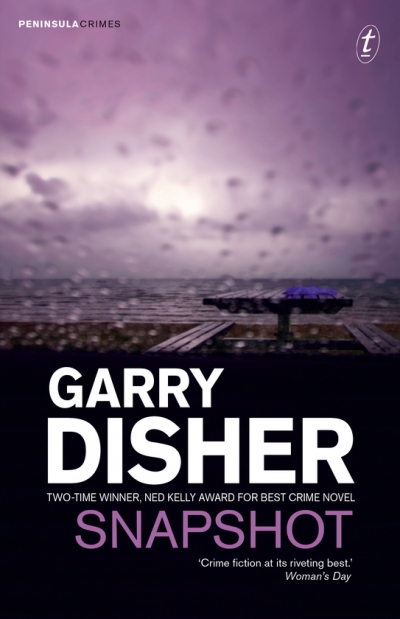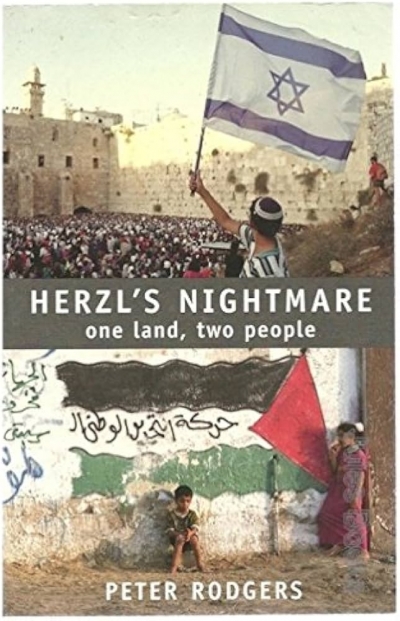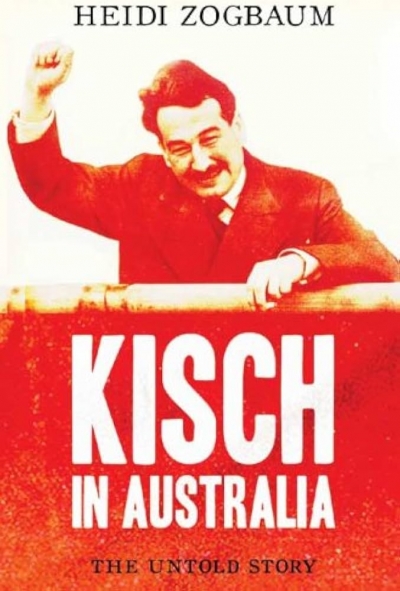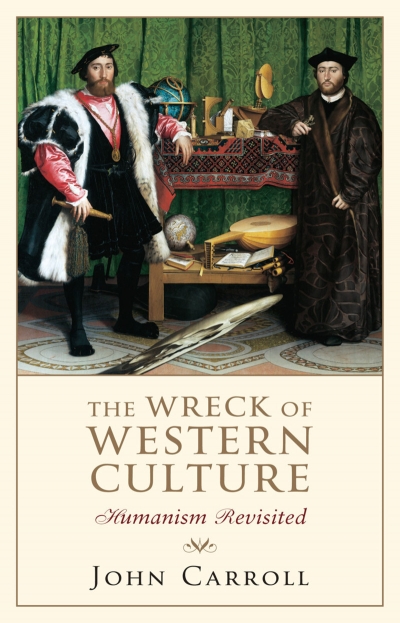Scribe Publications
Diamond Dove by Adrian Hyland & The Cobbler's Apprentice by Sandy McCutcheon
by Kabita Dhara •
The Weather Makers by Tim Flannery & Living In The Hothouse by Ian Lowe
by Robyn Eckersley •
Heart Cancer by Bill Leak & Moments Of Truth by Bill Leaks
by Iain Topliss •
Snapshot by Garry Disher & A Thing of Blood by Robert Gott
by Rick Thompson •
Herzl's Nightmare: One land, two people by Peter Rodgers
by Colin Rubenstein •
Kisch in Australia: The untold story by Heidi Zogbaum
by Chris McConville •
The Wreck of Western Culture: Humanism revisited by John Carroll
by Dirk den Hartog •

